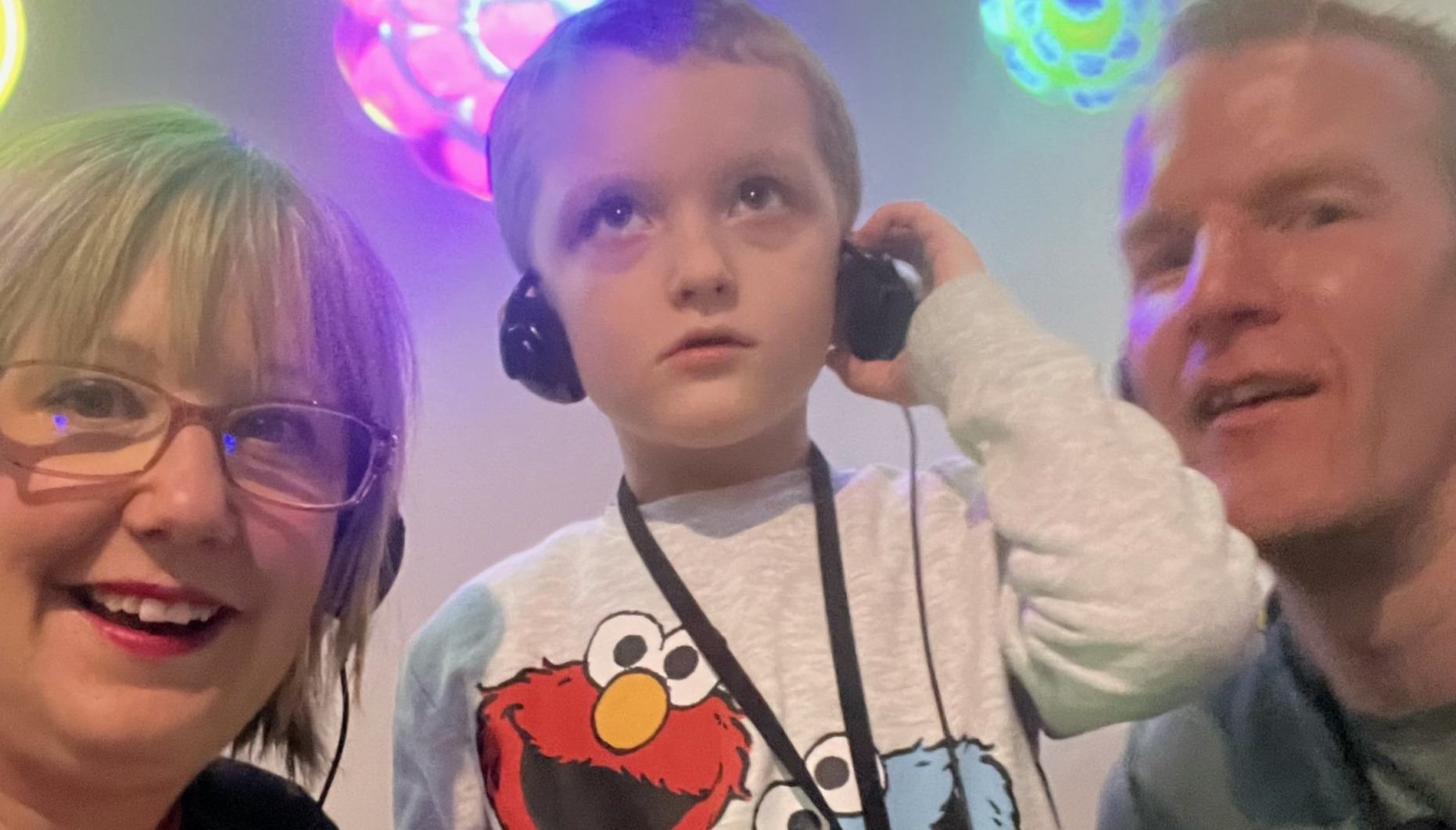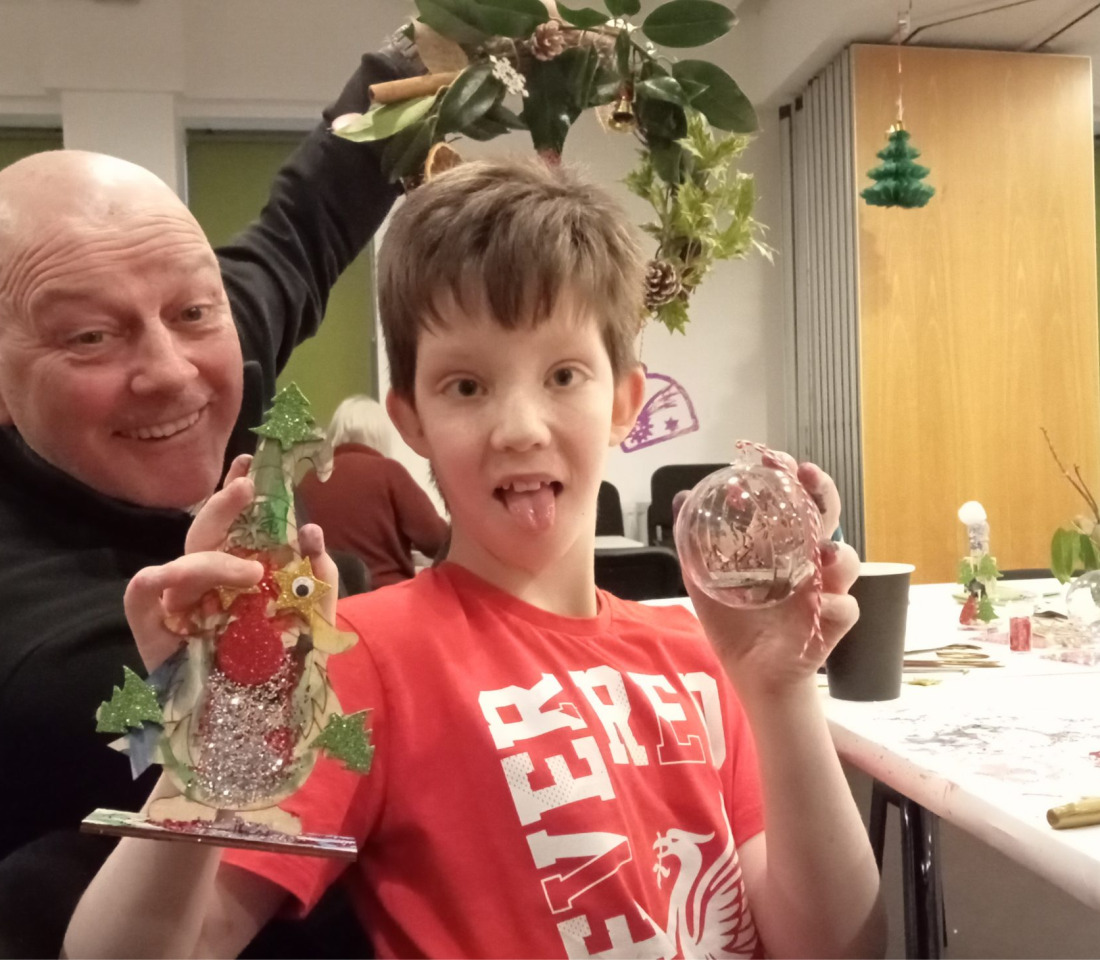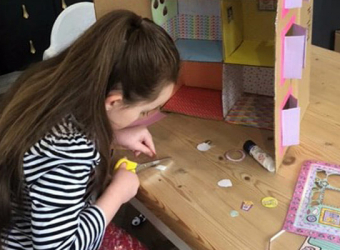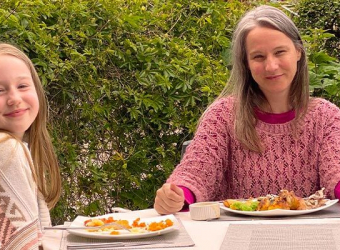
Jacob’s UBE2A story: “Success at tribunal helped us buy our son’s medical equipment”
Jacob is 5-and-a-half and lives with UBE2A, a rare genetic condition. He was diagnosed at just 20 months old after experiencing myoclonic epilepsy, which causes sudden jerking seizures.
After an MRI scan, abnormalities were found in Jacob’s brain, and he was diagnosed with UBE2A. It is described as an intellectual disability syndrome characterised by dysmorphic features, impaired speech and often epilepsy.
His mum Suvi, 39, from Gateacre, explains Jacob will most-likely require care for his whole life.
She said: “It affects everything, including his development, his gross motor skills and fine motor skills and his speech. He needs a significant amount of support day to day. He’s now 5 and a half but presents as a 2-year-old and his behaviour is quite challenging.”
Jacob’s condition is so rare his mum has only ever met one other child with it, who was 14. He requires care and special medical equipment to help manage his condition, which comes at a cost.

Suvi explained her and her husband struggled with the payments after their mobility allowance application was disputed because Jacob could walk. They came to The Brain Charity for help through our Carer’s Advocacy service.
She said: “He gets tired after he’s only just started walking. Even now he gets tired much more quickly. Jacob’s condition is demanding on him physically. The support he needs is life long, and it will only get more difficult.
“John helped us in presenting the case at a tribunal. The allowance was being disputed and he helped us present evidence. He was really helpful.”
Suvi explained one of the struggles she has faced is the lack of awareness around the condition. Her message to other parents looking after children with rare conditions is to find a community who can help.
She said: “I would say do research and try to find some support groups to talk about the condition with, that will help. Schools which provide support for learning disabilities can be really good at providing further information.
“It can seem quite overwhelming. Take one day at a time. I’d also say to try to write down questions for health professionals. It’s hard keeping track of where they’re going. I’m really organized with medical letters so I know what each appointment letter refers to as quite hard to remember off the top of your head.”
Categories: Help for carers, Help for children, Welfare benefits
Published: 27 August 2024














